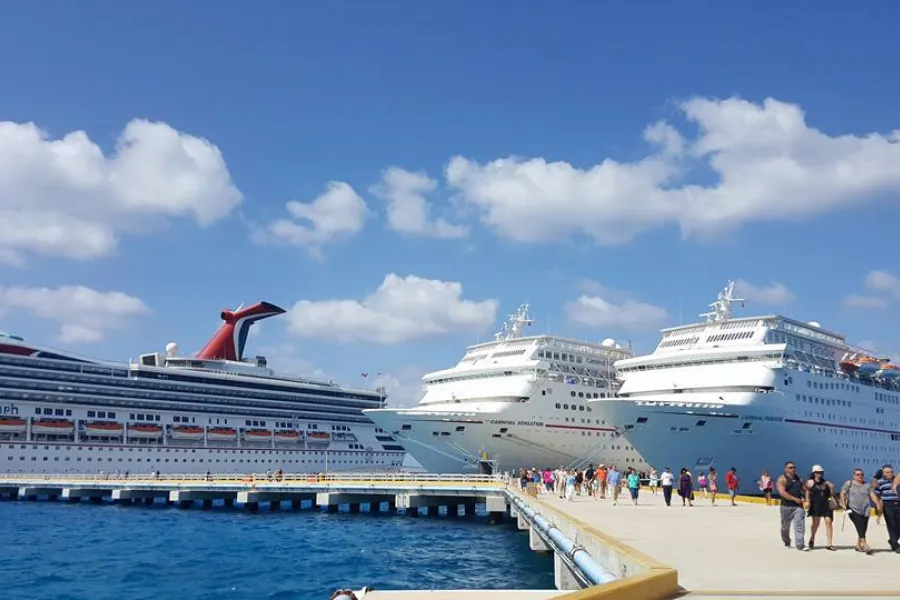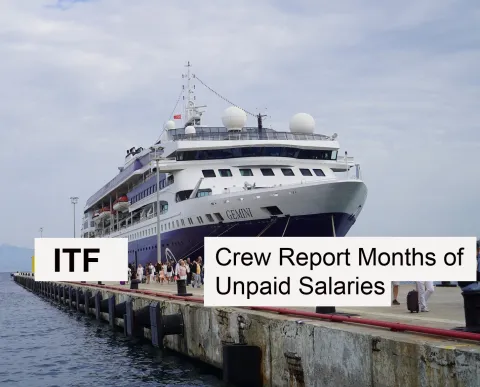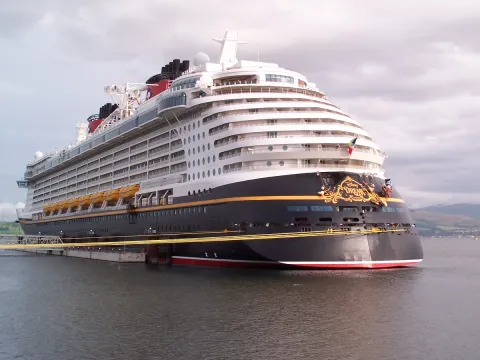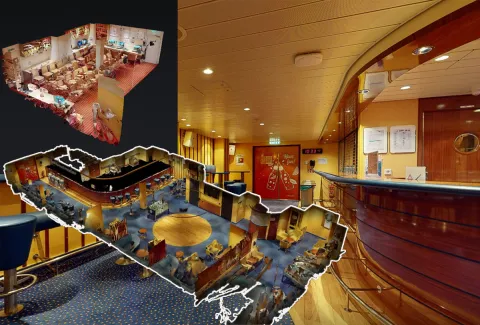
Recent moves by Mexico to impose a $42 immigration levy on cruise passengers have sent shockwaves through the cruise industry. This fee, which could push total port charges in Cozumel to $70 per passenger, is more than triple the average in the Caribbean. Industry leaders fear that this could deter cruise lines from visiting Mexican ports, especially with popular competitors like Jamaica and the Bahamas charging significantly less.
The cruise industry is vital to Mexico’s tourism sector, with more than nine million passengers visiting in 2023. The Florida-Caribbean Cruise Association (FCCA) warns that this sudden tax increase may prompt cruise lines to bypass Mexican destinations, affecting local economies that rely on cruise tourism. Industry stakeholders argue that the fee targets travelers who often spend less than 24 hours in port and may never leave their ships, raising concerns about fairness and potential economic fallout.
Mexico is not alone in increasing cruise passenger fees. Several Caribbean countries have recently adjusted their tax structures:
• Bahamas: Effective January 2024, passenger departure taxes rise from $18 to $23 in Nassau and Freeport. Additional environmental and tourism enhancement levies will push the total to $30-$32 per passenger. This aims to boost government revenue to $145 million, though concerns persist about deterring visitors.
• Jamaica: Currently charges $20 per passenger but is viewed as competitively priced compared to Mexico’s proposed fees.
• Barbados: Increased its cruise passenger tax to $70 in 2022, citing infrastructure upgrades and sustainability goals
.
Will Other Countries Follow Suit?
While Mexico’s move could inspire similar tax increases across the region, the risk of alienating cruise lines may prompt caution. Cruise operators have options and may prioritize destinations with lower fees. Balancing revenue generation with maintaining a competitive edge will be key for Caribbean nations looking to avoid a drop in cruise arrivals. If other nations adopt similar fees, cruise passengers may see higher costs across the board, potentially altering the dynamics of regional tourism.












